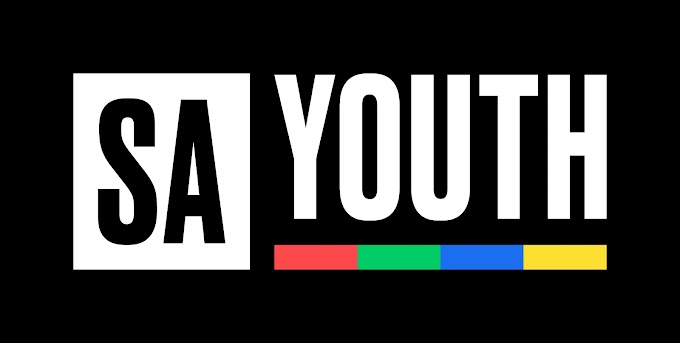Execution Quality
Because the Forex is so liquid, most trades can be executed at the current market price. In all fast moving markets (stocks, commodities, etc.), slippage is inevitable in all trading, but can be avoided with some currency brokers' software that informs you of your exact entering price just prior to execution. You are given the option of avoiding or accepting the slippage. The Forex Market's huge liquidity offers the ability for high quality execution.
Confirmations of trades are immediate and the Internet trader has only to print a copy of their computer screen for a written record of all trading activities. Many individuals feel these features of Internet trading make it safer than using the telephone to trade. Respected firms such as Charles Schwab, Quick & Reilly and T.D. Waterhouse offer Internet trading. These companies would not risk their reputations by offering Internet service if it were not reliable and safe. In the event of a temporary technical computer problem with the broker’s ordering system, the trader can telephone the broker 24 hours a day to immediately get in or out of a trade.
Internet brokers’ computer systems are protected by firewalls to keep account information from prying eyes. Account security is a broker’s highest concern. They take multiple steps to eliminate any risk associated with financial transactions on the Internet.
A Forex Internet trader does not have to speak with a broker by telephone. The elimination of the middleman (broker/salesman) lowers expenses, makes the process of entering an order faster, and decreases the possibility of miscommunication.
Execution Costs
Unlike other markets, the Forex generally does not charge commissions. The cost of a trade is represented in a Bid/Ask spread established by the broker. (Approximately 4 pips)
Trendiness
Over long and short historical periods, currencies have demonstrated substantial and identifiable trends. Each individual currency has its own “personality,” and offers a unique, historical pattern of trends that provide diversified trading opportunities within the spot Forex market.
Focus
Instead of attempting to choose a stock, bond, mutual fund, or commodity from the tens of thousands available in other markets, Forex traders generally focus on one to four currencies. The most common and most liquid are the US Dollar, Japanese Yen, British Pound, Swiss Franc, Euro and Canadian Dollar. Highly successful traders have always focused on a limited number of investment options. Beginning Forex traders will usually focus on one currency and later incorporate one to three more into their trading activities.
To be continued...






